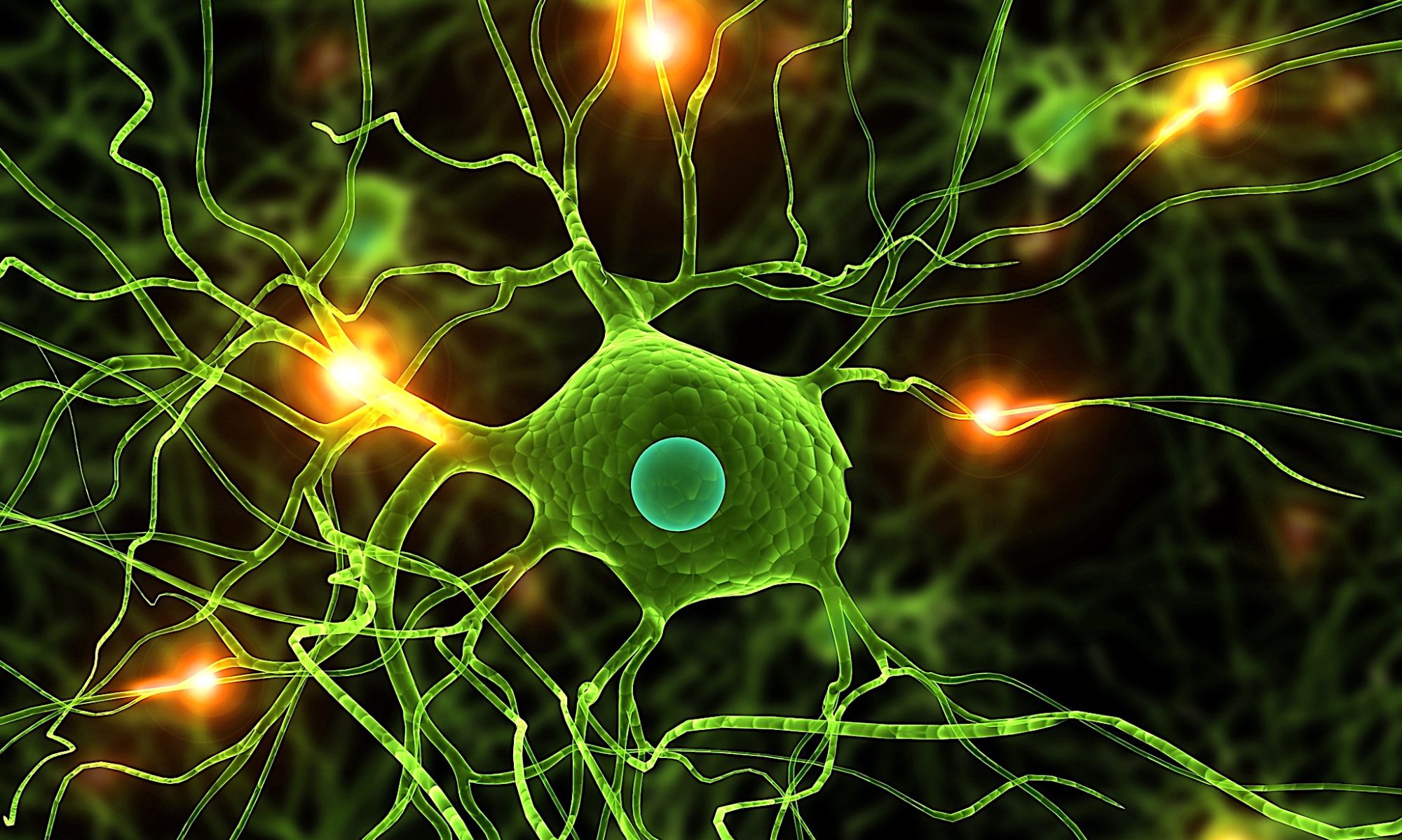Note to Students: A desk top adult stem cell multiplier apparatus is needed worldwide
The website of the Drake Biomedical Institute recently published rudimentary design criteria for the Stem Cell Expresso Machine, a desk top stem cell expansion bioreactor for use in physicians’ offices and small clinics.
As Dr. Walter Drake has stated: “We do not need any more complex, expensive, difficult embryonic stem cell research in order to deliver stem cell therapies today….we only need a machine to generate the needed numbers of adult stem cells already present in a patient’s blood or fatty tissue in small amounts”.
A tube of a patient’s blood contains many of the types of adult stem cells and progenitor cells that are useful in autologous patient therapy. Available internationally in various countries, autologous stem cell therapy is therapy in which the patient is the stem cell donor, and for which the adult stem cells are re-implanted into the same patient to treat some disease, injury, or tissue damage. See for example, The Repair Stem Cell Institute, and the Stem Cell Institute-Panama for information on debilitating diseases being treated now with adult stem cell therapy.
In many procedures, the concentration of repair stem cells from a blood or fatty tissue sample is not high enough to generate a therapeutic result. Consequently the stem cells harvested from the blood or fatty tissue must be expanded (meaning multiplied) in the lab or clinic in order to obtain a therapeutic number of cells. The number of cells needed for a therapeutic result is estimated roughly at 1 billion cells. The current techniques for expanding the numbers of adult stem cells and progenitor cells that will differentiate into the desired tissue are difficult, time consuming, and expensive.
It is this one technological problem….not a biological problem….that is keeping autologous stem cell therapy from being more readily available and more affordable.
“Solve this one problem and patients will be able to receive life changing adult stem cell transplants”, states Dr. Drake, further adding, “We hope that some of our students here at the Panama College of Cell Science may consider solutions to this problem and perhaps contribute, through their dissertation works, approaches that can lead to the realization of this type of apparatus.”
